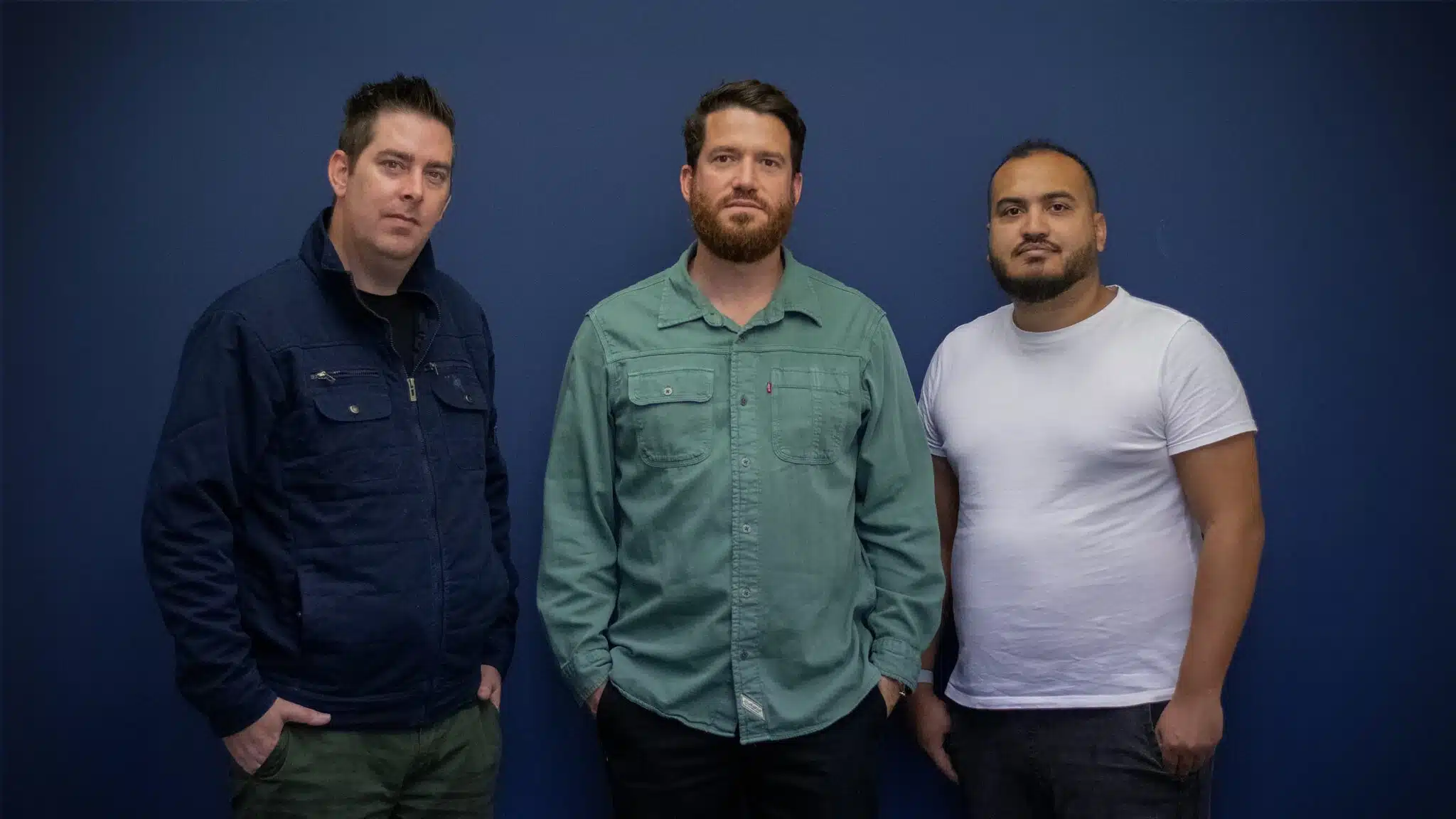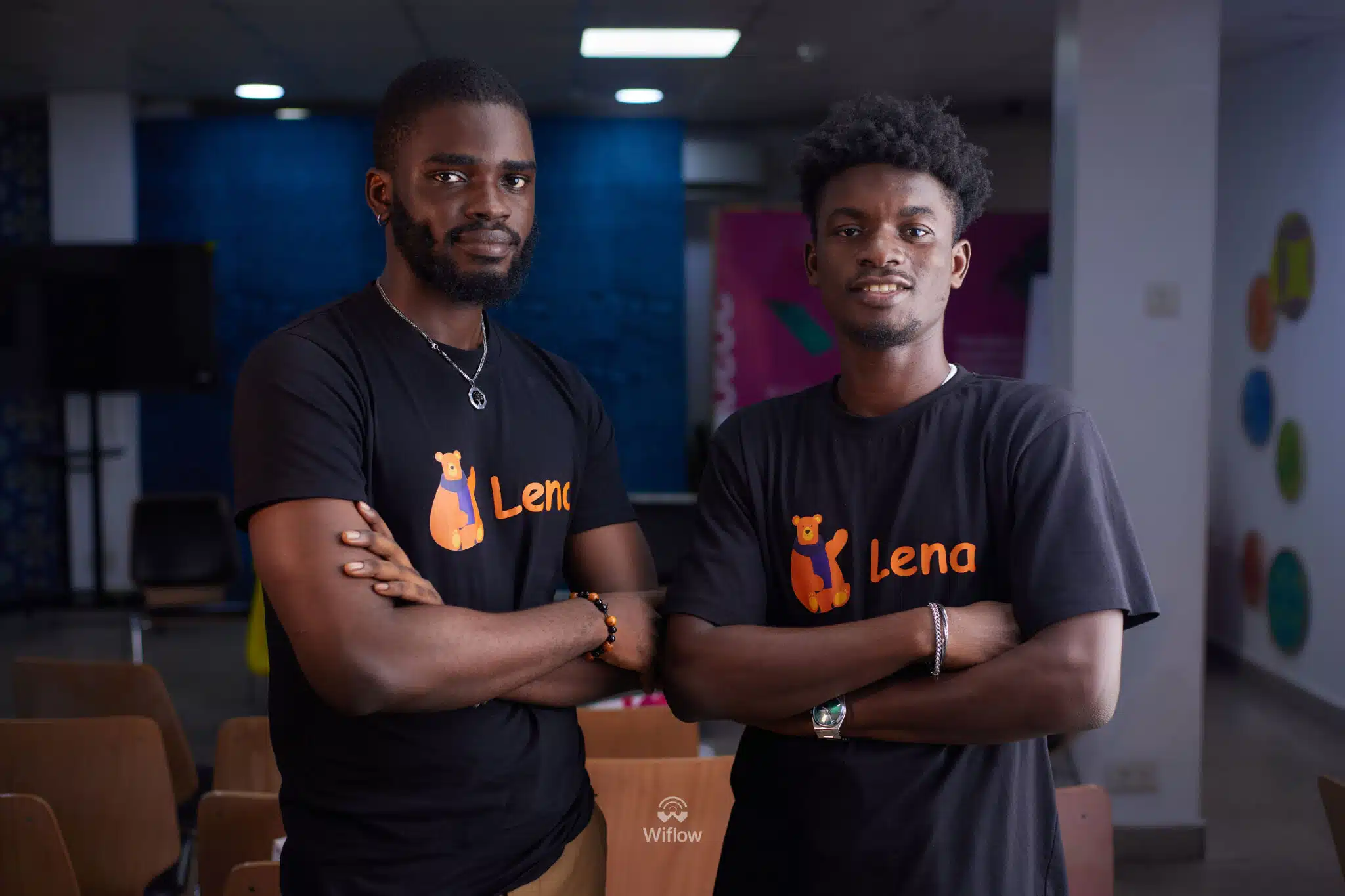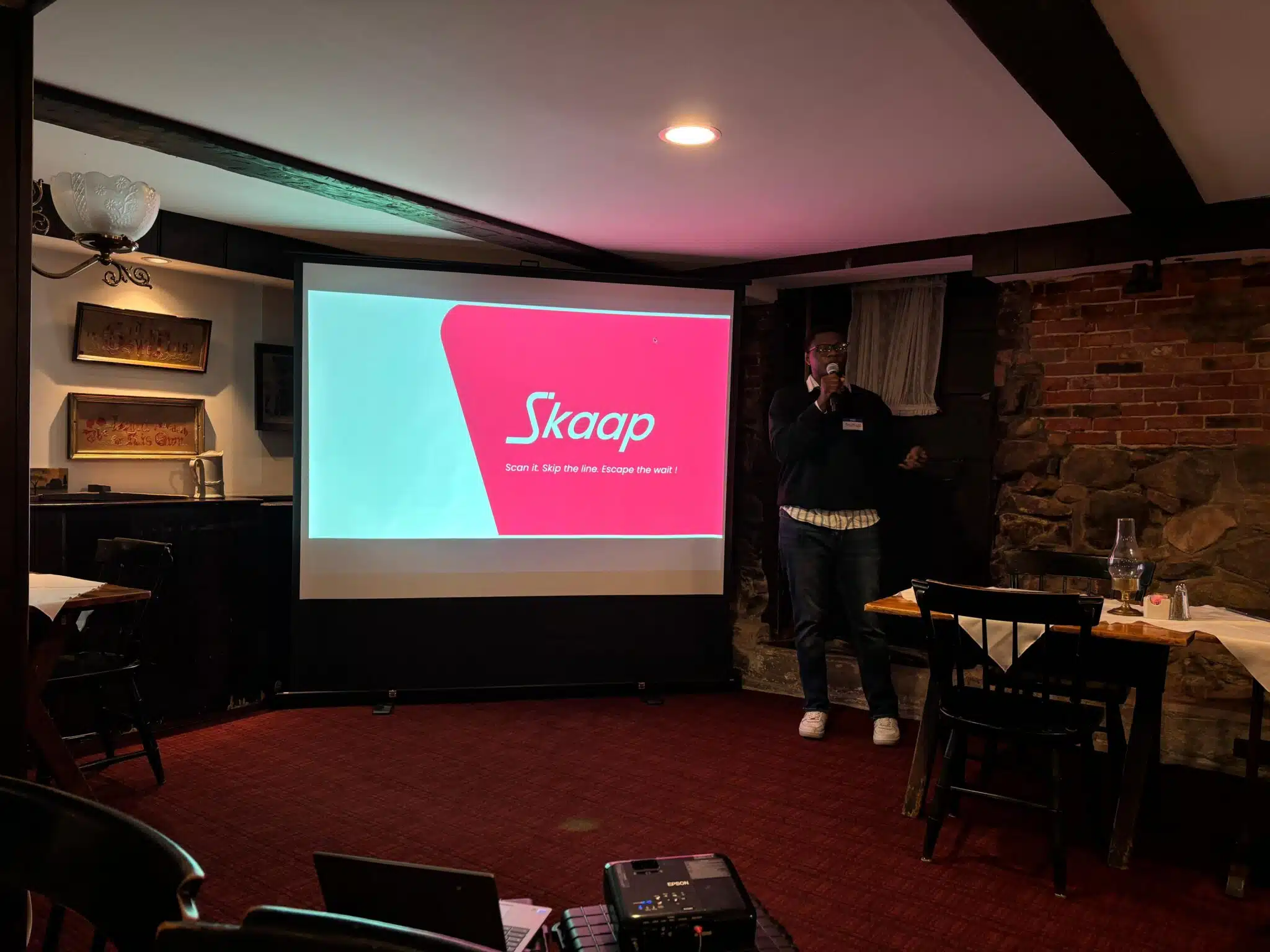Over the last 15 years, Andrew Mori has built technology products and led engineering teams for businesses across Africa. After leaving Konga, where he was the eCommerce company’s Director of Technology, he started Deimos, a cloud solutions provider that has previously been named one of Africa’s fastest-growing companies.
Across these roles, he observed that developers frequently relied on multiple software applications, many of which offered features they rarely used. For companies that aren’t primarily technology-driven, he argues that too much time is often spent developing in-house technical capabilities that could be outsourced, distracting from their core business focus.
Over the last year, he has led a small founding team that includes co-founders Dean Hans and Jaco Nel to build Salus Cloud, an AI-native DevSecOps platform designed to simplify secure software delivery for lean engineering teams.
As Mori explains to Techpoint Africa over a call, software developers frequently have to use only a fraction of the capabilities of some of the tools they pay for. Salus Cloud, however, offers an innovative answer to this headache.
“Typically, a developer may need up to 20 different tools to write one app. We’re saying instead of logging into 20 different tools, just log into one. We don’t think it’s important for developers to know the intricacies of configuring a Kubernetes cluster, for example. It is distracting; the developer should write software for the user,” Mori says.
Salus consolidates essential developer operations, including continuous integration, performance monitoring, and security, into a single, easy-to-use platform enhanced by AI-powered automation. The platform’s AI agents help detect and fix production issues like security vulnerabilities and performance bottlenecks in real time, all while streamlining CI/CD pipelines with zero-touch configuration.
Built with an eye for emerging markets
Mori and his co-founders have spent much of their professional careers with technology teams in Africa and other emerging markets. As is often the case, businesses in these regions operate with smaller budgets than their counterparts in Europe and North America. Yet, they often have to use the same tools as their counterparts for the same price.
Mori says it is this familiarity with building businesses in Africa that Salus Cloud brings to the table and distinguishes it from other competitors.
With artificial intelligence taking centre stage in global technology conversations, more startups claiming to be AI-powered have burst onto the scene. But for Mori and his team, this isn’t just an attempt to ride the AI wave.

Victoria Fakiya – Senior Writer
Techpoint Digest
Make your startup impossible to overlook
Discover the proven system to pitch your startup to the media, and finally get noticed.
Responding to a question on why this is a good time to build a startup like Salus Cloud, Mori notes that the advanced capabilities provided by artificial intelligence supercharge the startup’s offering.
For example, teams using the product have to connect their source code and application logs to Salus Cloud, which allows them to leverage AI in the production process. But that’s not all. The market for tools that consolidate developer tools is still in its earliest stages, allowing Salus Cloud to quickly gain market share.
Mori identifies one competitor – Harness – that Salus Cloud monitors closely, but notes that while the company, which launched in 2017, focuses on Fortune 100 companies, Salus Cloud’s focus on small businesses in emerging markets remains unique. Its pricing starts at around $5,000 per month—less than the cost of a senior DevOps engineer—making enterprise-grade tooling accessible to smaller teams.
“Many companies in growth markets aren’t software companies,” says Mori. “They often build software capabilities on the side, which takes time away from their core business. Salus gives them best-practice infrastructure without the complexity or cost.”
Since launching in 2024, Salus has attracted fintech and eCommerce companies across Africa, with plans to expand into Latin America and Asia over the next three to five years.
Challenges ahead
While Salus presents a compelling case for streamlining software delivery in emerging markets, the road to widespread adoption is far from straightforward. Startups building deep tech infrastructure in Africa often face technical, commercial, and cultural hurdles that could shape the company’s trajectory.
Market readiness remains a key concern. Many startups and SMEs across Africa are still early in their digital maturity and might not immediately prioritise DevSecOps automation. As a result, Salus will likely need to invest significantly in customer education, onboarding, and post-sale support to drive usage and retention.
Affordability could also be a barrier. Although Salus’s pricing is positioned as a cost-effective alternative to hiring full-time DevOps staff, its entry point — starting at $5,000 per month — may still feel steep for early-stage companies operating on lean budgets.
Then there’s the infrastructure challenge. Unreliable internet, power instability, and limited data centre access in parts of Africa could affect both performance and perception of a cloud-first platform. Customers may hesitate to move critical operations to the cloud without assurances around uptime and latency.
Additionally, talent limitations across the continent could pose a constraint not only for Salus in building its team but also for its customers, many of whom may lack the technical depth to fully leverage advanced developer tooling without strong guidance.
Lastly, while Salus differentiates itself by focusing on growth markets, it doesn’t operate in a vacuum. Global DevOps incumbents like GitLab, Datadog, and Harness are expanding their reach and may eventually turn their attention to the same emerging markets Salus is targeting. Competing with these giants will require speed, agility, and sustained product innovation.
A seed round to drive growth
The global DevOps tooling market is projected to reach $25.5 billion by 2028, with application security alone expected to surpass $20 billion by 2030. While the numbers for Africa remain unknown, the growth of digital technology businesses represents a growing and underserved market for Salus Cloud.
The startup has raised $3.7 million in seed funding, which it says will speed up its go-to-market activities, aid in hiring AI developers, and launch a self-service option for developers.
“In much of the growth markets, most startups and SMEs still operate without secure automated software delivery processes, leaving them vulnerable to breaches, compliance challenges, and slow release cycles. This funding gives us the firepower to level the playing field so that high-growth teams, regardless of size or geography, can deploy secure, production-grade software with confidence,” Mori said in a statement shared with Techpoint Africa.
Atlantica Ventures and P1 Ventures co-led the seed round, while LoftyInc Capital, Zedcrest Capital, Everywhere Ventures, and Tim Chen, General Partner at Essence VC, joined the round.
“Atlantica Ventures is excited to back an experienced and second-time founding team as they build essential infrastructure to improve software security and developer productivity for African enterprises. There is a convergence of security, AI, and development, and Salus is positioned to bring that to market,” IK Kanu, Founding Partner at Atlantica Ventures, said.











